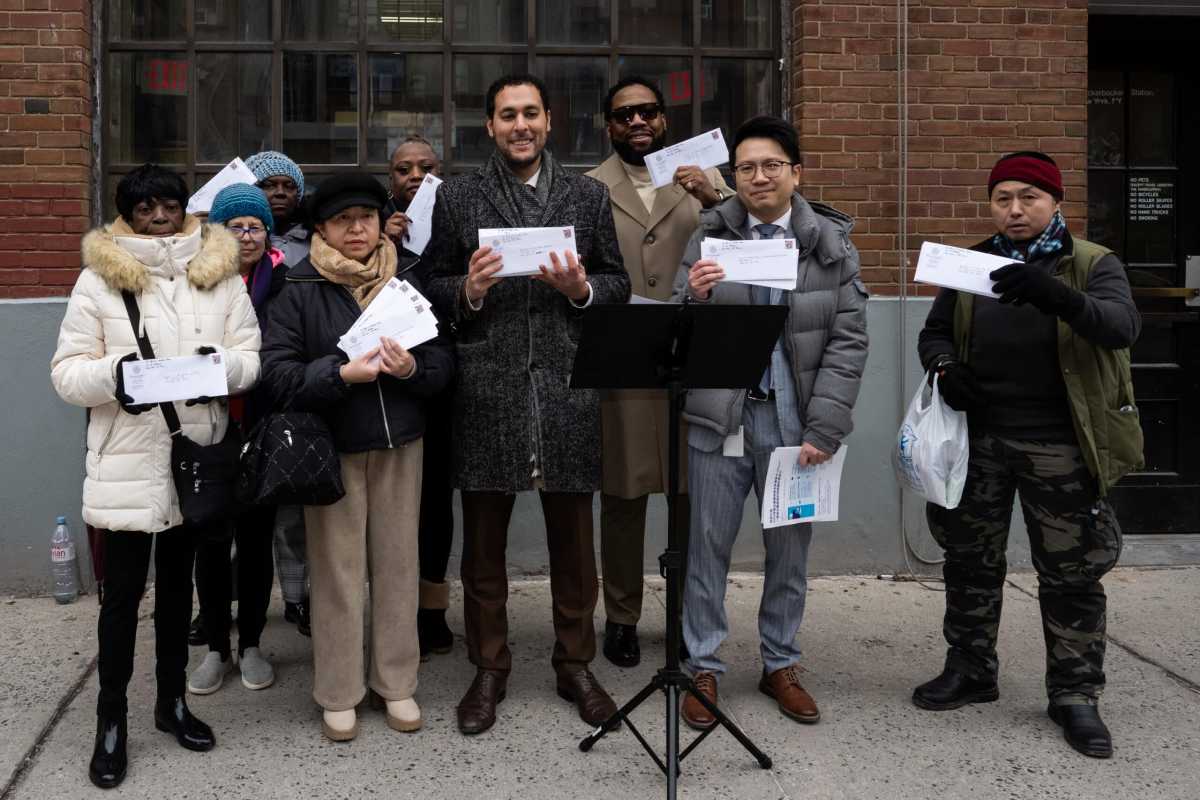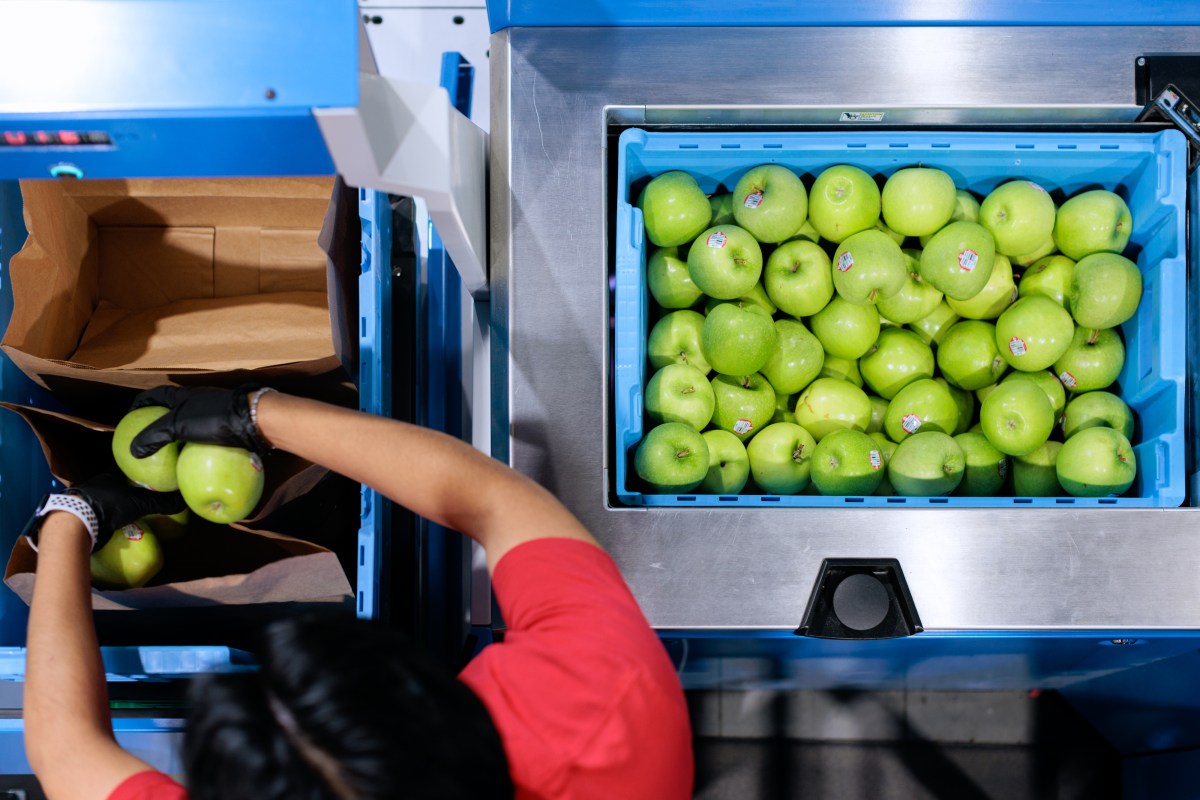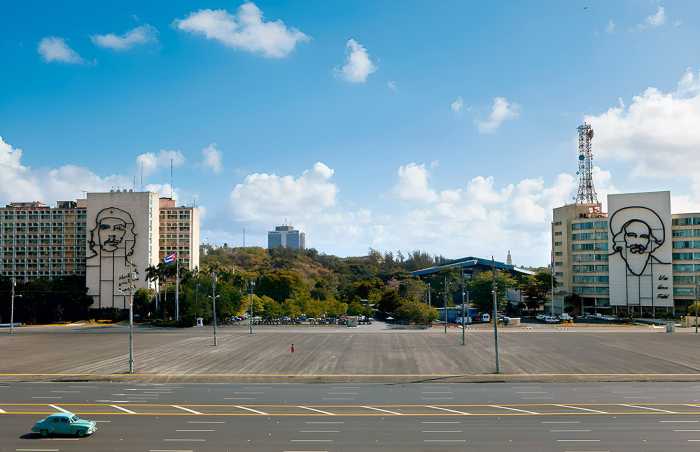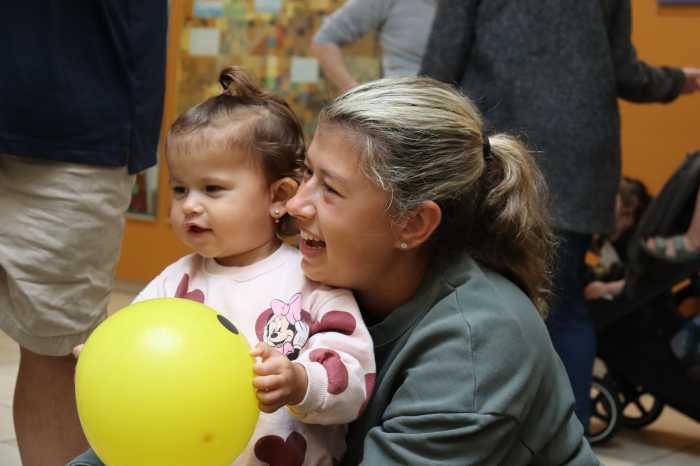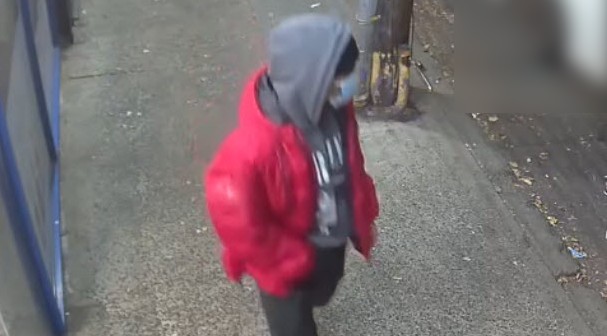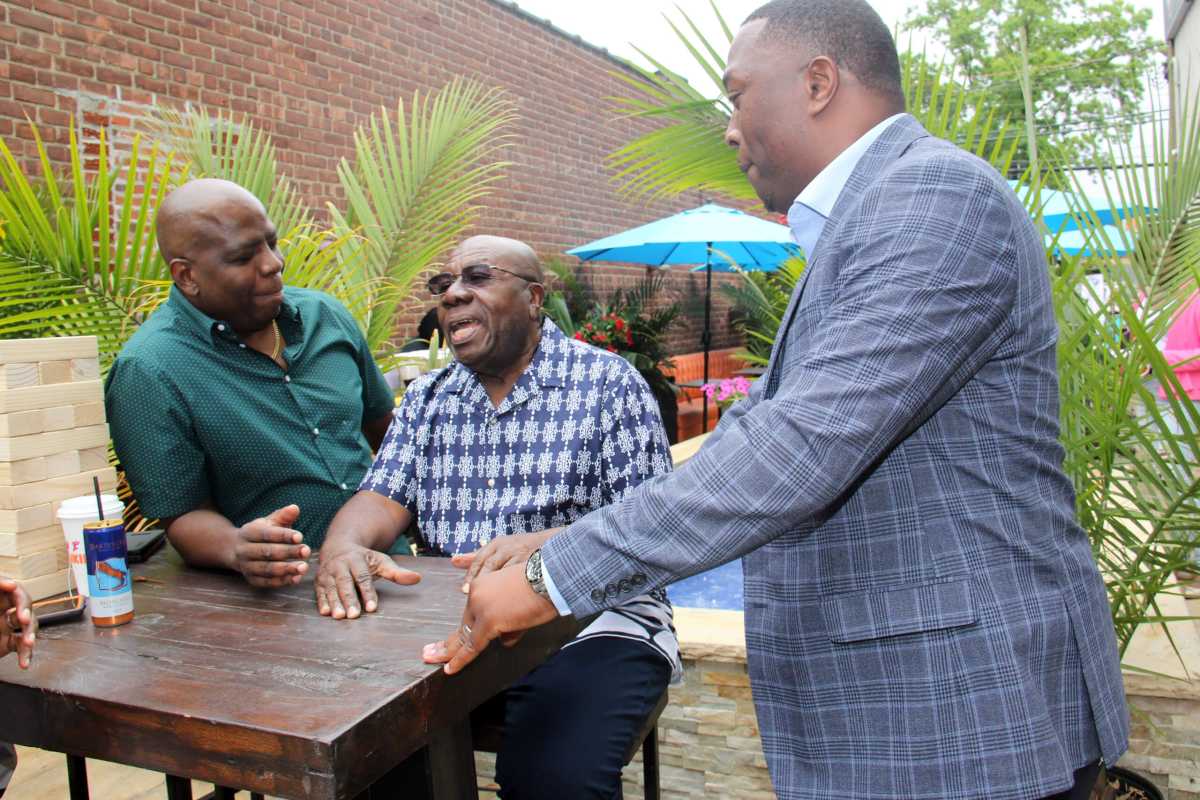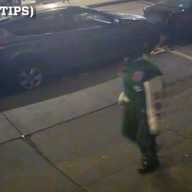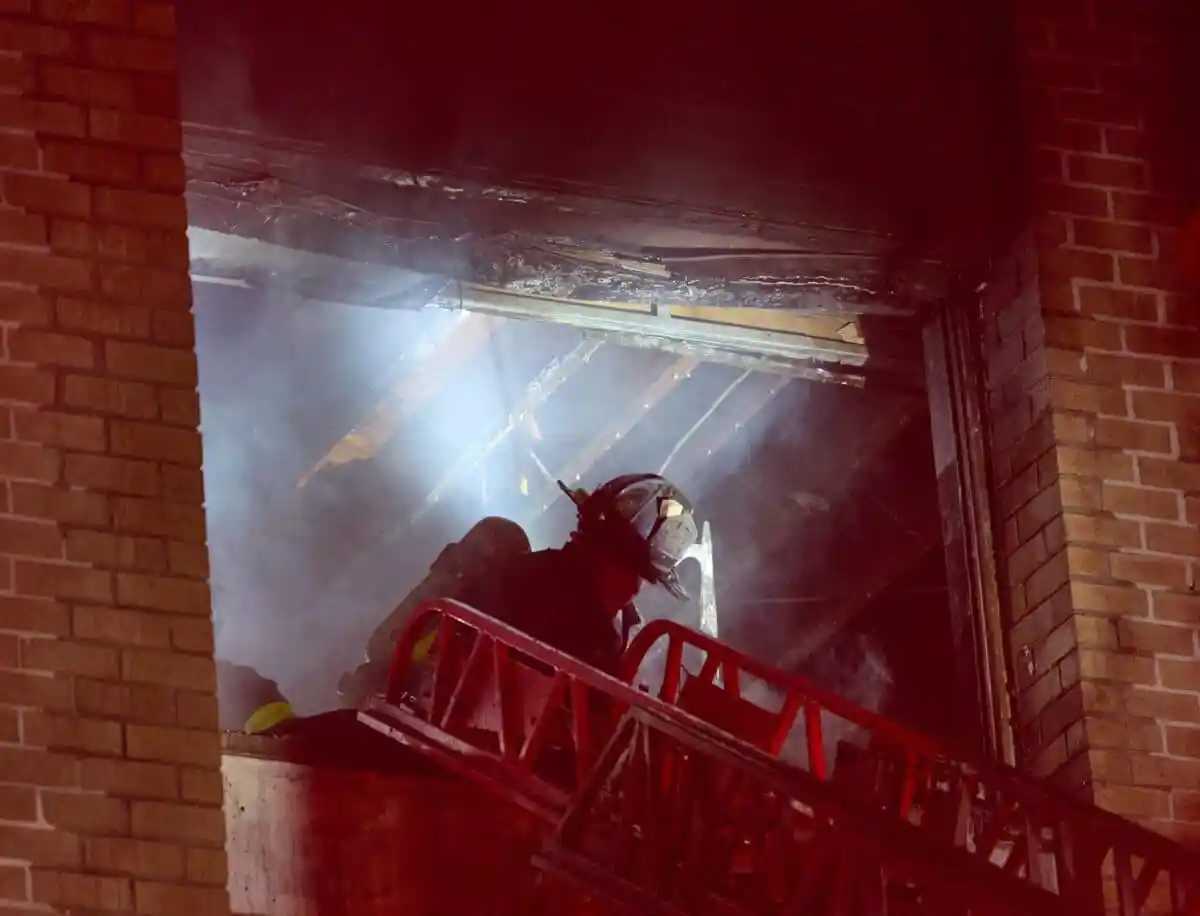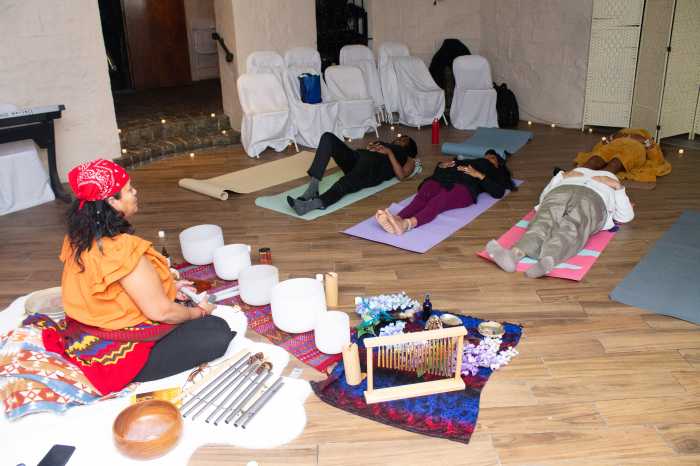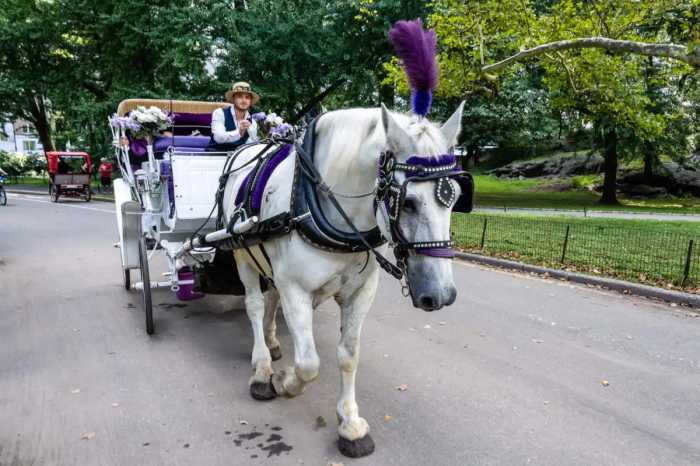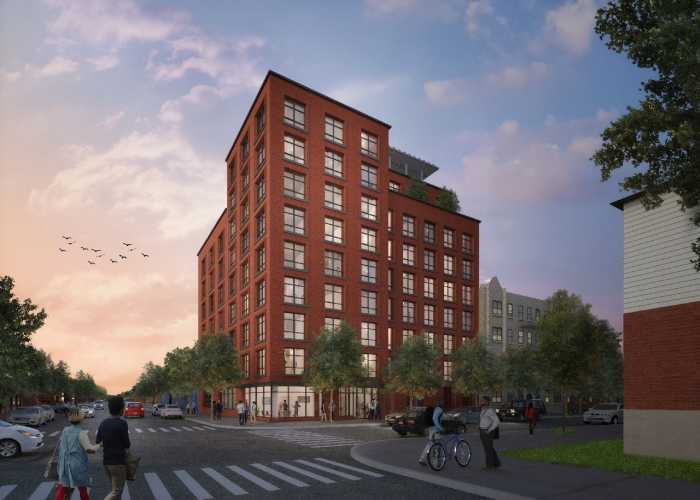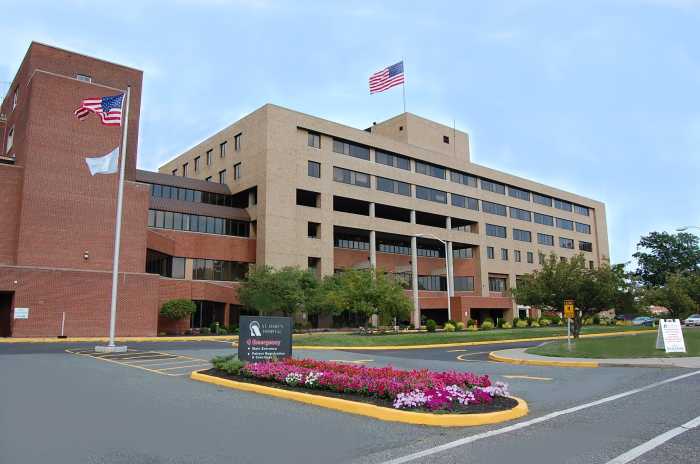Lower Manhattan City Council Member Christopher Marte (D) and Lower East Side residents mailed over 50 letters Tuesday to grocery stores, supermarkets, and delis across the neighborhood urging them to accept Over-the-Counter Cards (OTC) or United Healthcare UCards to help cut their food bill costs and buy healthier items.
OTC and UCards are similar to Electronic Benefits Transfer (EBT) cards and provide benefits for participants enrolled in certain Medicare Advantage (Medicare Part C) plans like United Healthcare and Dual Special Needs plans such as Aetna, Humana, WellCare, and Blue Cross Blue Shield.
Some perks include coverage of medical costs, utility bills, over-the-counter medication, and gym memberships for eligible policyholders. The cards, which function like a prepaid debit card, can also be used to purchase healthy and fresh foods like vegetables, meats, fruits, grains, seafood, and dairy items.
Depending on the provider, OTC and UCards are replenished monthly or every three months; any unused funds do not roll over to the next month or quarter.
At a Jan. 23 press conference outside the Knickerbocker Post Office at 128 East Broadway, Marte explained that many stores on the Lower East Side don’t accept OTC or UCards. Residents who are struggling due to higher living costs are forced to travel to other parts of Manhattan or the outer boroughs to shop for fresh, affordable groceries at stores that accept the benefits.
“We have an opportunity through the OTC card, sometimes also called the UCard, that allows people with disabilities, our seniors, and low-income participants of insurance companies to have access to fresh foods,” Marte explained. “However, many people will have to go to other boroughs or commute an hour to make sure that they can buy that with the money that they get from these UCards.”
Marte pointed out that supermarkets and grocery stores that don’t accept OTC cards lose money, and adding the OTC card check-out option was an easy fix.
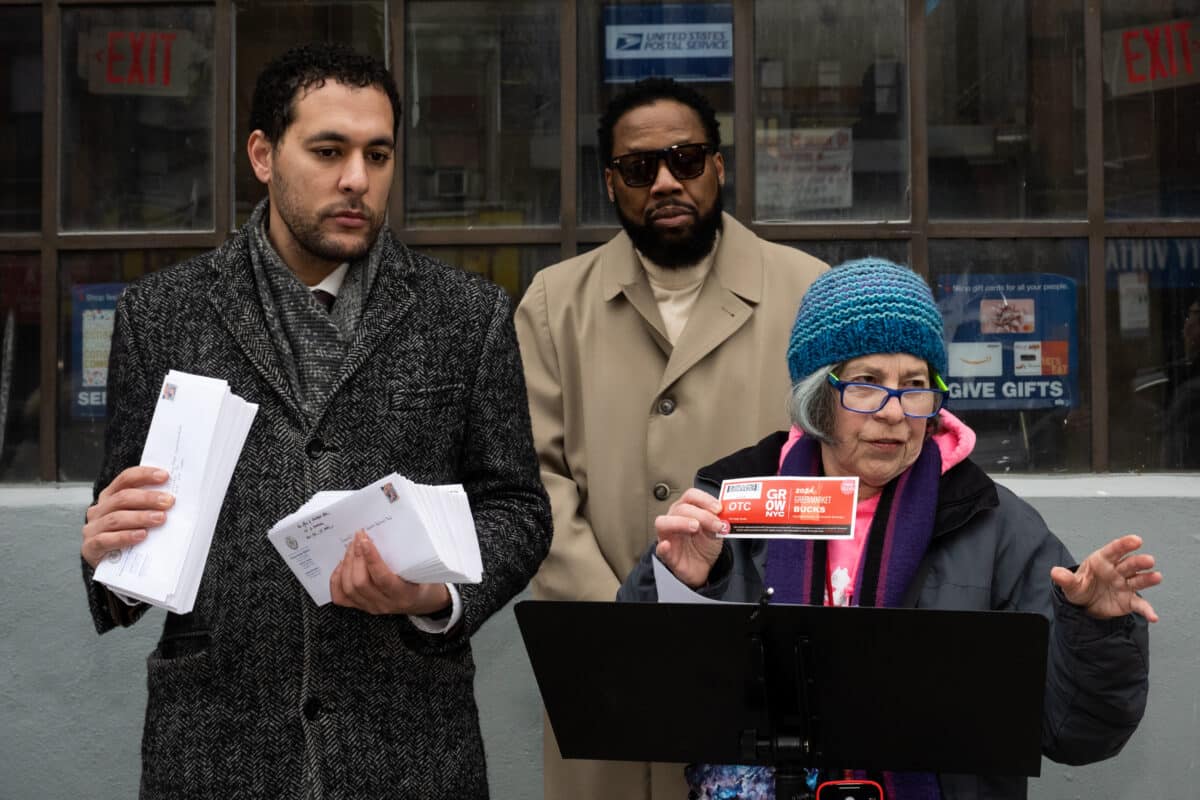
Stores either update their check-out systems with an app or buy new technology if they don’t have a modern check-out system. While the latter presents an extra expense for some businesses, it would ultimately pay for itself, Marte argued.
“People say the Lower East Side is a food desert. Well, this would help a lot of the residents, especially seniors and [those with] disabilities, who can’t make it too far, especially when we don’t have subways that have elevators,” Marte said. “We’re happy to bring some sort of solution to this problem.”
Ron Thomas, district leader for the 65th Assembly District, is a UCard holder. Five years ago, he received a kidney and pancreas transplant. To buy groceries, he has to travel to a Stop & Shop supermarket in Brooklyn, which accepts OTC and Cards.
“So what’s typically now a food desert because we don’t have the resources, we don’t have Trader Joe’s and Whole Foods accepting it,” Thomas said. “We want to have a variety of foods we can choose from fresh foods and fresh produce that Whole Foods and Trader Joe’s have.”
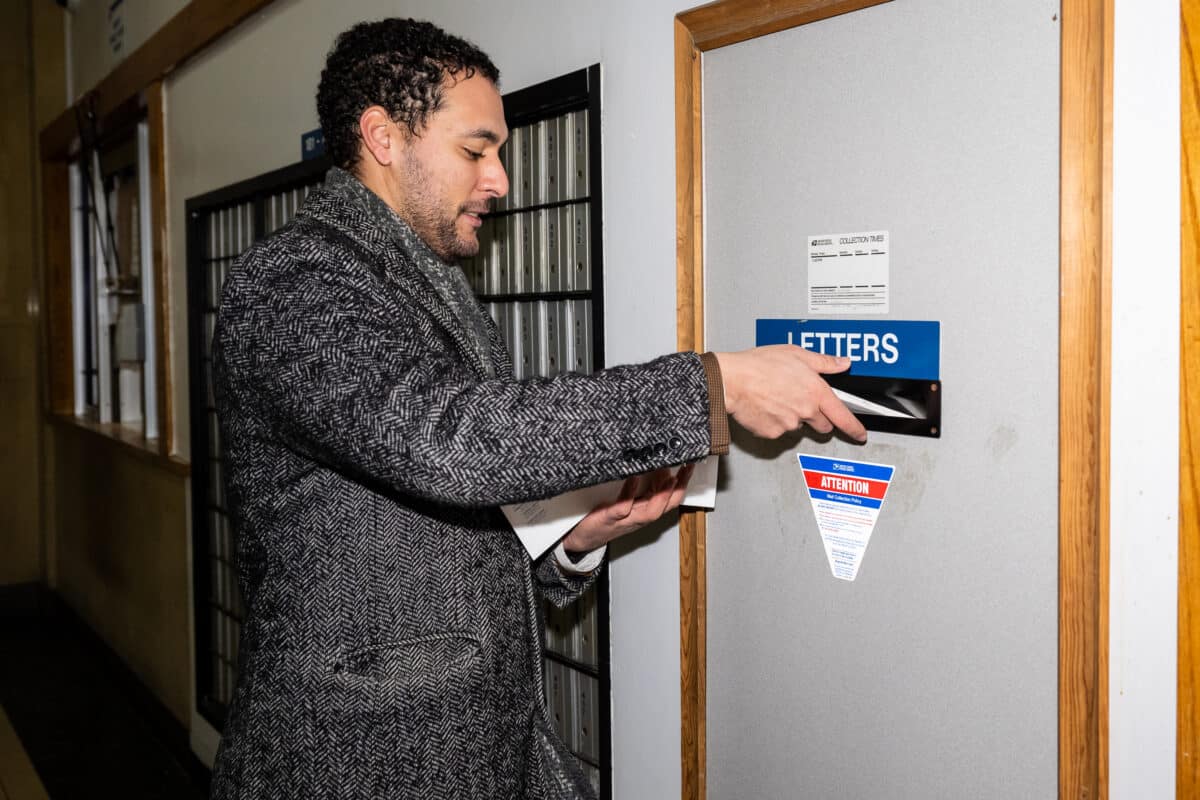
Photojournalist Tequila Minsky has an OTC card from Health First. Minsky explained that members could use their OTC dollars in the form of $2 vouchers to purchase groceries at GrowNYC greenmarkets and farm stands. The South Village resident has to travel to Union Square Greenmarket to fill her refrigerator with nutritious food.
“I know that OTC and being able to use this kind of benefit from health insurance would improve the nutrition of anybody who has access to it,” Minsky said.
Cheryl Freeman, a self-described newcomer to the OTC card, said Whole Foods and Trader Joe’s should come “on board” and accept OTC/UCards.
“We have to go all the way out to Brooklyn, downtown Brooklyn, to the Stop & Shop because that’s the only supermarket that will take the OCT card,” Freeman reported. “This is something that I worked hard for, and it’s a benefit for me; I would like to enjoy this benefit.”
Read more: Sushi-Con Returns with Expert Tuna Cutting Shows in NYC



